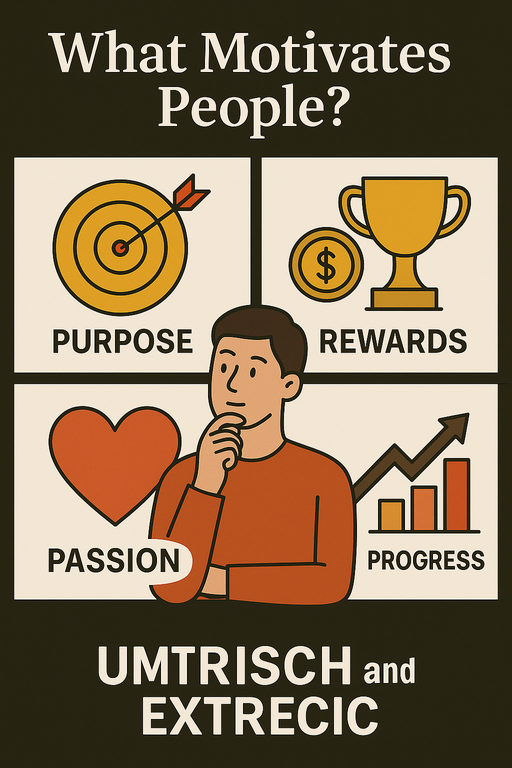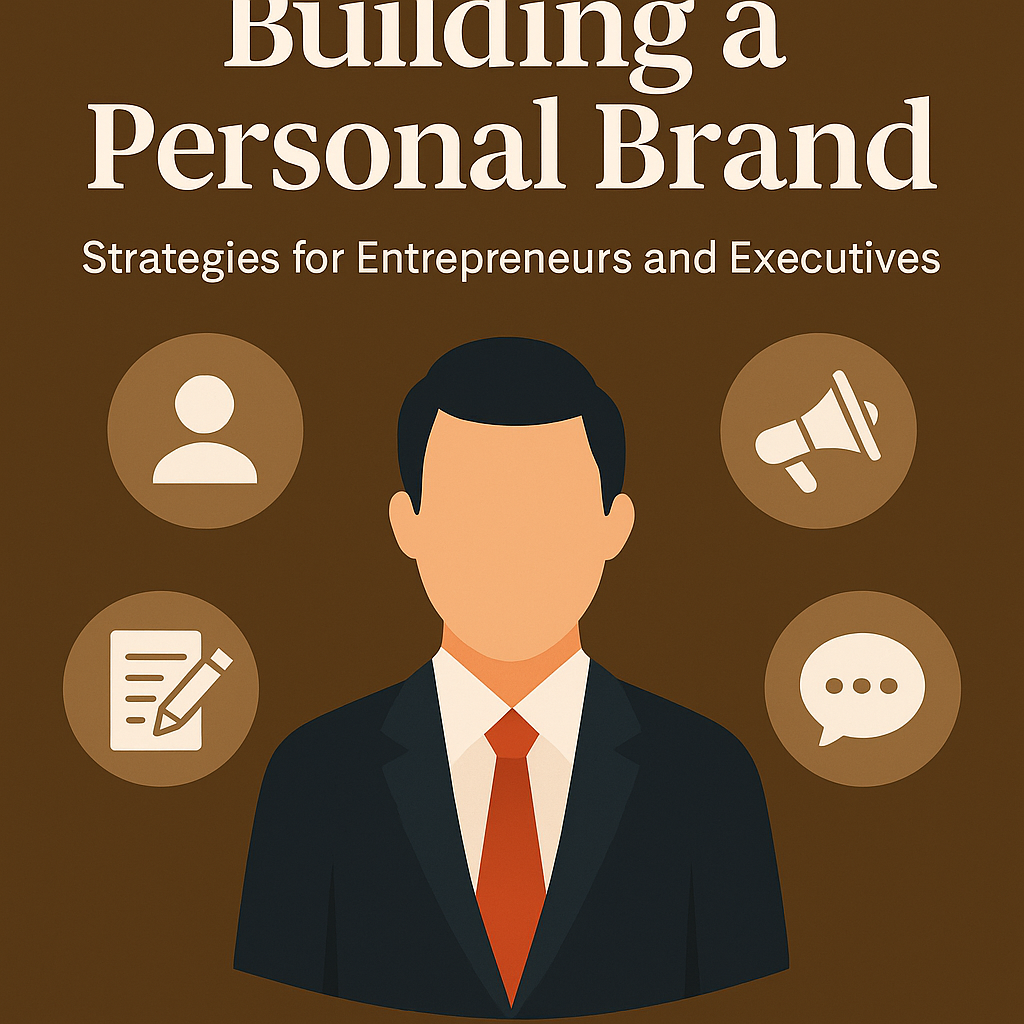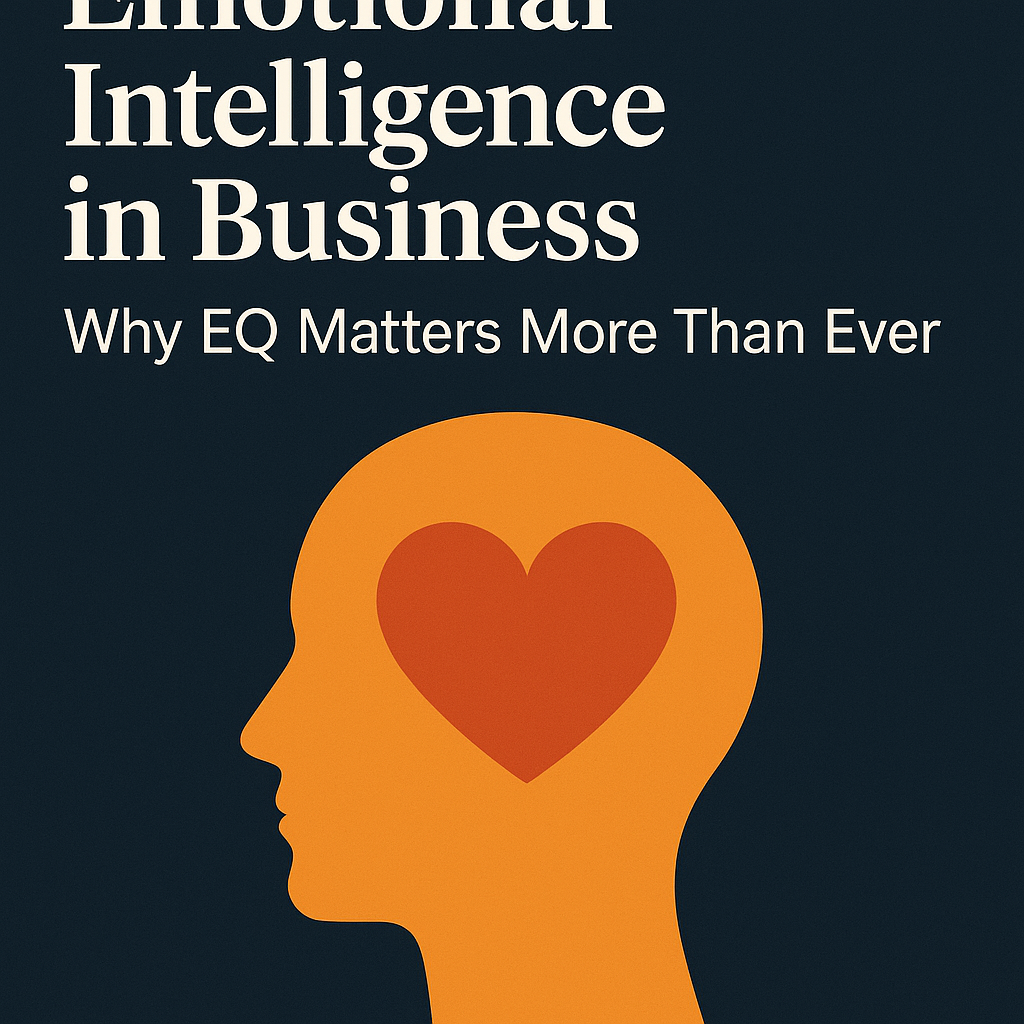Why do people wake up early to train for a marathon? Why do some risk everything to build a business, while others seek stability and comfort? Human behavior is complex, but at the heart of it lies a powerful engine: motivation. Understanding what drives people is key not only for leaders and employers but for anyone who wants to grow, connect, and succeed — personally or professionally.
Motivation is more than just enthusiasm or energy. It’s the reason we act a certain way, the push behind every decision we make. From basic survival to deep personal fulfillment, it shapes the direction of our lives.
The Two Sides of Motivation: Intrinsic and Extrinsic
Psychologists usually divide motivation into two main types: intrinsic and extrinsic.
Intrinsic motivation comes from within. It’s what drives us to do something simply because we enjoy it or find it meaningful. For example, someone may paint because they love expressing themselves, not because they expect money or praise. This kind of motivation is often more powerful and lasting because it’s tied to personal values and identity.
Extrinsic motivation, on the other hand, comes from external rewards or pressures. It might be a paycheck, a grade, a promotion, or the fear of punishment. While effective in the short term, it doesn’t always lead to deep satisfaction. In fact, if we rely too heavily on external rewards, our internal motivation can fade.
Both types of motivation play a role in our behavior. The key is finding the right balance — and understanding which one is guiding us in different areas of life.
Basic Human Needs That Fuel Motivation
One of the most influential theories about human motivation is psychologist Abraham Maslow’s hierarchy of needs. According to this model, people are motivated to fulfill basic needs before they can move on to higher-level goals.
At the bottom of the pyramid are physiological needs — food, water, shelter. Next comes safety, followed by love and belonging, esteem, and finally self-actualization — the drive to realize one’s full potential. While not a perfect model, it highlights how motivation evolves as different needs are met.
More recent research also points to the importance of autonomy, competence, and relatedness — the need to feel in control of our actions, capable of doing things well, and connected to others. When these needs are met, people tend to be more motivated, engaged, and resilient.
Motivation in the Workplace and Beyond
Understanding what motivates people is essential in any workplace. Too often, businesses focus only on external motivators — bonuses, promotions, deadlines. But studies show that when employees feel valued, trusted, and challenged in meaningful ways, they become more committed and productive.
Leaders who encourage growth, recognize effort, and create a sense of purpose tend to inspire stronger motivation than those who rely on rules and rewards alone. And this applies beyond the office — in schools, sports, families, and even friendships, the best results come when people feel seen and supported.
The Power of Purpose
One of the most consistent drivers of motivation is purpose. When people understand why they’re doing something — and feel that it matters — they are far more likely to stay focused and energized. This is true for everyone, from athletes and artists to parents and entrepreneurs.
Purpose doesn’t have to be grand or world-changing. It can be as simple as helping someone, creating beauty, or overcoming a personal challenge. What matters is that it feels real and personal.
Staying Motivated in a Distracted World
In a time when distractions are everywhere and attention spans are shrinking, staying motivated isn’t always easy. One way to keep moving forward is by setting small, achievable goals. Breaking big tasks into steps helps avoid overwhelm and builds momentum.
It’s also important to recognize progress, celebrate wins — even the small ones — and be kind to yourself when things get hard. Motivation isn’t constant. It ebbs and flows. What matters is having tools and habits that help you refocus when needed.
Final Thoughts
Motivation is one of the most powerful forces in human life. It pushes us to grow, create, connect, and improve. By understanding what drives us — and others — we can live with more purpose and help others do the same. Whether it’s in business, education, or daily life, tapping into human motivation is the key to building better relationships, better results, and a better world.




Leave a Reply